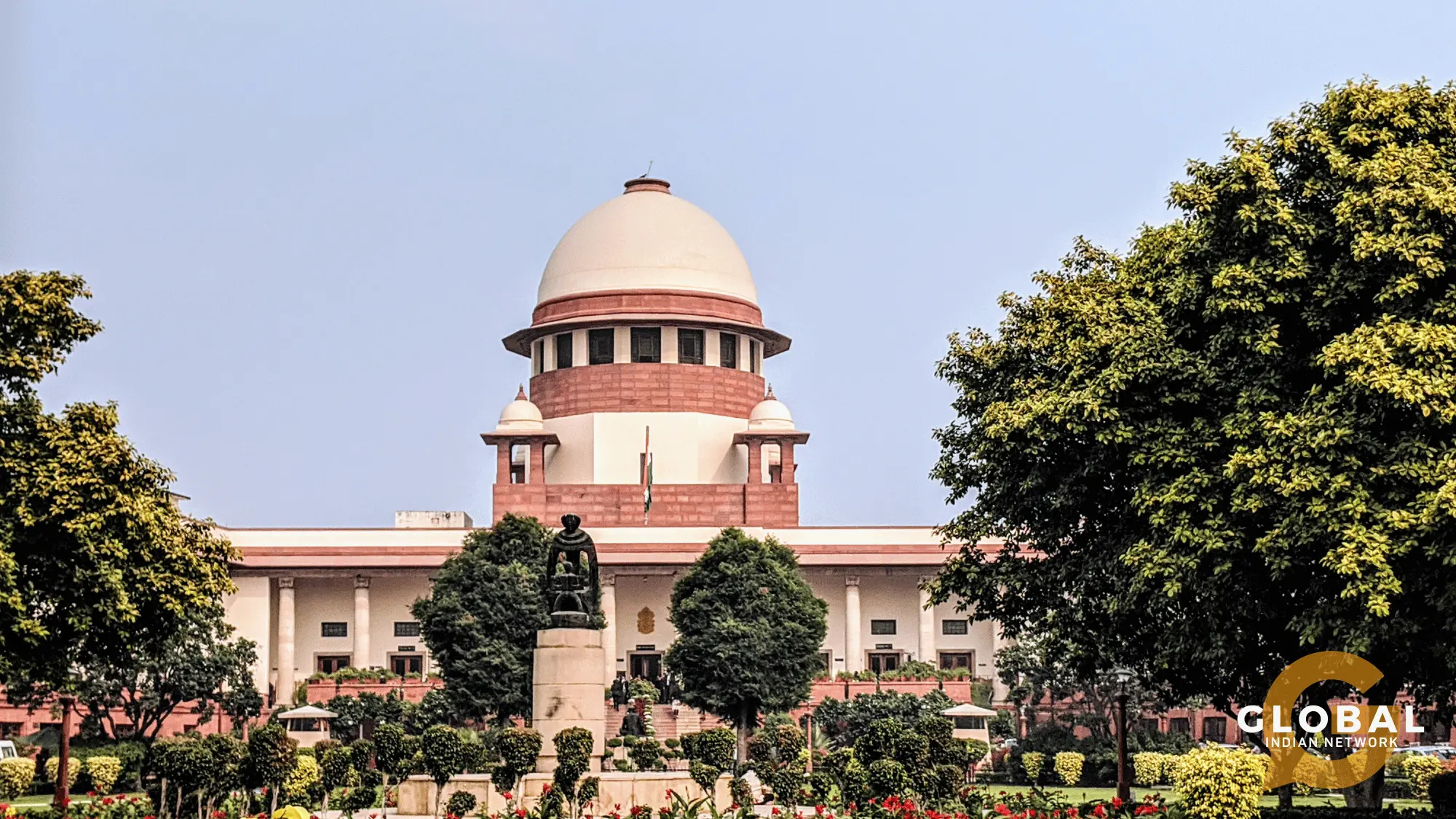The Supreme Court of India ruled on the legality of same-sex marriages. This highly anticipated verdict, delivered on October 17, 2023, was the culmination of a long and intense legal battle. The ruling by the five-judge constitution bench, headed by Chief Justice D Y Chandrachud, was met with both anticipation and anxiety from various quarters of society. This article aims to provide a comprehensive overview of the verdict, the arguments presented during the hearings, and its implications for the LGBTQIA+ community.
Table of Contents
Background: The Road to the Verdict
The journey towards this significant verdict began with a five-judge constitution bench headed by Chief Justice D Y Chandrachud. The bench, which included Justices Sanjay Kishan Kaul, S Ravindra Bhat, Hima Kohli, and P S Narasimha, reserved its judgment on same-sex marriages after ten days of intensive hearings. During these hearings, petitioners, represented by senior advocates including Mukul Rohatgi, Abhishek Manu Singhvi, Raju Ramachandran, Anand Grover, Geeta Luthra, KV Viswanathan, Saurabh Kirpal, and Menaka Guruswamy, emphasized the equality rights of the LGBTQIA+ community. They pushed for legal recognition that would ensure LGBTQIA individuals lead a “dignified” life akin to their heterosexual counterparts.
At the same time, the Indian government opposed these pleas, contending that the legislative policy of India consciously validated unions only between biological men and women. The government proposed setting up a committee headed by the cabinet secretary to address the concerns of same-sex couples without delving into the issue of legalizing their marriage.
The Verdict: No Legal Recognition for Same-Sex Marriages
In the landmark verdict, the Supreme Court ruled that there would be no legal recognition for same-sex marriages, with a 3-2 majority. The ruling brought together four judgments and several noteworthy observations made by the apex court. Chief Justice D Y Chandrachud was at the center of the proceedings, delivering the verdict. This majority opinion holds that the Special Marriage Act, 1956 (SMA) should not be interpreted to enable marriage between queer individuals.
Three judges of the constitution bench, including Justices Ravindra Bhat, Hima Kohli, and PV Narasimha, disagreed with the Chief Justice on adoption rights for LGBTQIA individuals but concurred that the SMA could not be interpreted to allow marriage between queer persons.
The verdict emphasizes the need for the judiciary to respect the separation of powers and avoid engaging in matters that fall within the legislative domain. It acknowledges that marriage is not a constitutional right but rather a statutory one.
Understanding the Court’s Stand
The majority judges, with a 3-2 split, held that non-heterosexual couples cannot be granted the right to jointly adopt a child. However, Chief Justice D Y Chandrachud and Justice Kaul held that these couples have the right to jointly adopt a child. The court also recognized that denying material benefits and services to queer couples, which are available to heterosexual couples, would be a violation of their fundamental rights. This verdict has not declared the Special Marriage Act unconstitutional.
Committee to Address Concerns
The government’s proposed committee, headed by the cabinet secretary, was given the green light to address the concerns of same-sex couples. This committee will examine issues such as ration cards, pension, gratuity, and succession rights. The court acknowledged the need to facilitate constitutional privileges to the LGBTQIA+ community through law, ensuring they are not discriminated against.
Adoption Rights for Queer Couples
The verdict struck down the CARA regulation restricting queer and unmarried couples from adopting children. The bench stated that it is wrong to assume that only heterosexual couples can be good parents. This decision marks a significant step toward recognizing the rights of the LGBTQIA+ community in terms of adoption.
Reactions and Implications
The verdict, while celebrated by some, also left others disappointed. Legal experts had mixed opinions, with some seeing it as a positive step and others considering it a missed opportunity. The LGBTQIA+ community expressed hope in the positive observations made by the Supreme Court. They see this as a step in the right direction, even if the verdict itself did not grant full marriage rights. However, there is a consensus that the battle for societal equality is far from over.
Politically, there were varied reactions, with some welcoming the verdict as a demonstration of parliamentary supremacy and others expressing concerns about the impact on societal values.
Comparing with International Standards
The international landscape regarding same-sex marriages varies widely. Several countries have legalized same-sex marriage, while others provide legal recognition through civil unions or registered partnerships. Notable examples include Argentina, Australia, Germany, Mexico, the United Kingdom, Denmark, Brazil, and Chile, among others. In the United States, married same-sex couples have equal access to federal benefits. It’s important to note that India’s stance on same-sex marriage is significant within the context of global legal standards.
Conclusion
In conclusion, the Supreme Court’s verdict on same-sex marriage represents a significant milestone in the ongoing struggle for LGBTQIA+ rights in India. While the decision did not grant full legal recognition to same-sex marriages, it has opened the door to a more inclusive and equal future. As the LGBTQIA+ community and its allies continue their fight for acceptance and equality, the world watches and hopes for a more inclusive future where love truly knows no boundaries.










[…] there seems to be sufficient room and time for reconsideration and negotiation of the importance of marriage to the queer community until the next hearing. It is natural for marriage to be considered the next […]
[…] Supreme Court set up a ten-member National Task Force whose duty is to come up with a national protocol for the […]